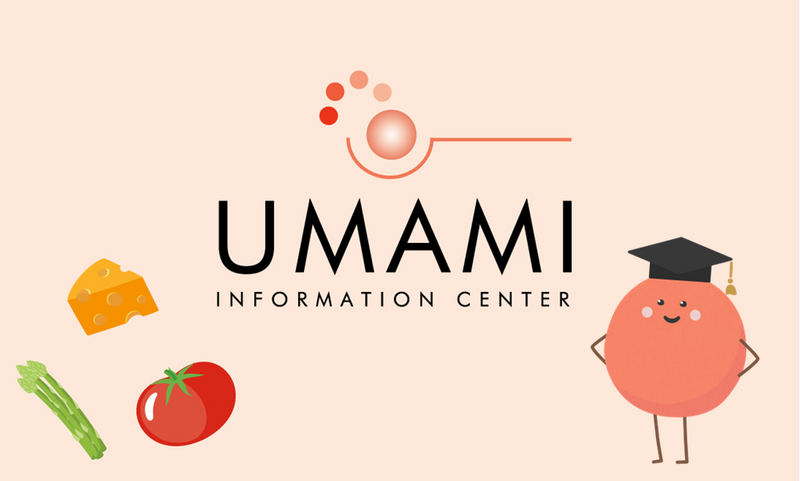Commentary to WHO’s guideline for salt reduction using LSSS
April 2023

Excess dietary sodium intake increases blood pressure and consequently the risk of cardiovascular diseases. Globally, high sodium intakes are responsible for an estimated 3 million deaths. Excess sodium intake is one of the biggest health problems in the world.
Low-sodium salt substitutes, LSSS, are alternative seasonings to regular salt which use monosodium glutamate and potassium chloride, etc. LSSs include less sodium than regular salt and would achieve a flavor similar to regular salt. LSSS are globally gaining attention as a way to reduce salt intake without sacrificing taste. However global guidance on the use of these substitutes is not currently developed.
Under this situation, WHO has developed recommendations – Draft WHO guideline: use of low-sodium salt substitutes and is inviting Member States and all relevant stakeholders to comment on this draft guideline.
The Umami Information Center (UIC) supports this draft. However, we are concerned that the Scoping Review (ScR) used in the draft covers literature up to September 2021, which may exclude valuable scientific papers published after 2021. Over the last few years, valuable papers have been published successively, including a study (*1) that shows possibility that making use of umami substances, salt intake is possibly reduced by 12.8 – 22.3 % (equivalent to about 1.27-2.22 g) per day in Japan.
Considering the post 2021 scientific papers, UIC submitted a comment to WHO according to the proper channels.
The papers we recommend include the six papers in addition to that described above. These include a study based on an experiment in US conducted on more than 4,000 adults in which salt was replaced with umami substances (glutamate, inosinate and guanylate) (*2).
*1 Modelling of salt intake reduction by incorporation of umami substances into Japanese foods: a cross-sectional study (BMC Public Health1 ;23(1):516. doi: 10.1186/s12889-023-15322-6.) by Shiori Tanaka, Daisuke Yoneoka, Aya Ishizuka, Megumi Adachi, Hitomi Hayabuchi, Toshihide Nishimura, Yukari Takemi, Hisayuki Uneyama, Haruyo Nakamura, Kaung Suu Lwin, Kenji Shibuya, Shuhei Nomura.
*2 Salt intake reduction using umami substance-incorporated food: a secondary analysis of NHANES 2017-2018 data. ( Public Health Nutr. 2022: 1:1-8. doi: 10.1017/S136898002200249X. Online ahead of print.) by Nomura S, Tanaka S, Eguchi A, Kawashima T, Nakamura H, Lwin KS, Yamasaki L, Yoneoka D, Tanoe Y, Adachi M, Hayabuchi H, Koganemaru S, Nishimura T, Sigel B, Uneyama H, Shibuya K.
The commentary has been submitted by the name of Dr. Toshihide Nishimura, the Vice President of the Umami Information Center, dated April 30. The fact that we have submitted this proposal has been shared with the following agencies.
・National Institute of Health and Nutrition
・Office of Nutrition, Health Service Division, Health Service Bureau, Ministry of Health, Labour and Welfare
・JFIA Japan Food Industry Association
・The Salt Reduction subcommittee of the Japanese Society of Hyper Tension
・The Japan Dietetic Association
For the full text of our commentary, and the details of papers we proposed, please see blow:
WHO Consultation from UIC.pdf
UIC will proactively promote the fact that "Salt reduction without sacrificing tastiness using umami substances" can contribute to the salt intake reduction target of WHO, to various authorities.
